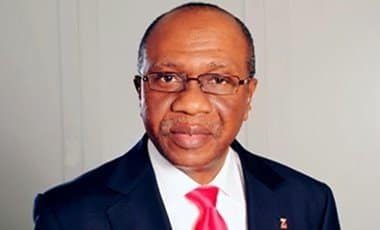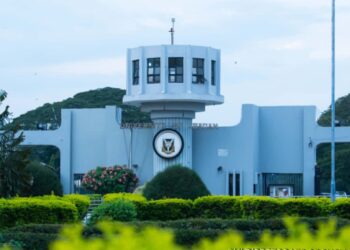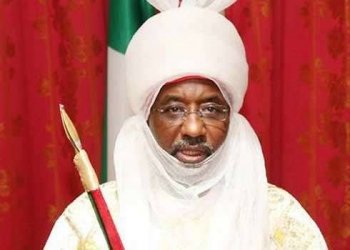THE Nigerian equities market appreciated to about five-month high wednesday as positive sentiments continued to trail the Central Bank of Nigeria’s (CBN) plan to introduce a flexible foreign exchange policy.
But feeling that the economy was regressing, the Senate yesterday summoned the Minister of Finance, Mrs. Kemi Adeosun, and the CBN Governor, Mr. Godwin Emefiele, to brief it on the monetary and fiscal policies the executive arm had adopted to salvage the economy.
In the equity market, however, the Nigerian Stock Exchange (NSE) All-Share Index surged 3.8 per cent to close at 28,260.61, while market capitalisation added N353.4 billion to be at N9.7 trillion. The market had gained 0.80 per cent on Tuesday when the decision was taken.
However, the naira dipped on the parallel market in reaction to the central bank’s pronouncement as it fell to N350 to a dollar yesterday, weaker than the N346 to a dollar it closed the previous day.
The Monetary Policy Committee (MPC) of the CBN announced on Tuesday that it voted unanimously to adopt a flexible exchange rate policy, while retaining a small window (from the CBN) for critical transactions. This, it said, would be made public in the coming days.
To analysts at Lagos-based CSL Stockbrokers Limited, the move by members of the MPC appeared to be a formalisation of the parallel market, adding that it was in line with what they had been expecting for the currency.
Its report said: “The flexible interbank exchange rate is likely to be far lower than the rate at which the CBN has been selling dollars to banks. We think this rate is initially likely to be around the current parallel market rate of N340/US$1 as pent-up demand for hard currency is released onto the market.
“Over time, the move is likely to increase the supply of US$ liquidity to the interbank market as remitters and exporters are likely to be more willing to sell dollars at the lower interbank rate. Similarly, we believe that investors who have been sitting on the sidelines for fear of not being able to get hard currency out of the economy will now be more willing to commit. With this increased supply, we expect that the flexible interbank market rate will gradually appreciate towards N310-N320/US$1.
“Overall this greater flexibility will be positive for the economy as it will improve access to foreign exchange (albeit at a higher rate) for firms which have been struggling to buy hard currency. The inflationary impact, we believe, will be fairly limited because many importers who were accessing dollars were already doing so on the inefficient parallel market.”
On their part, analysts at Ecobank Nigeria Limited pointed out that while it might be difficult to fully dimension the full impact of the expected adjustment in the operation of the interbank foreign exchange market, they opined that the flexible interbank exchange rate was likely to be above the current rate of $1/N197, at which the CBN had been selling dollars to banks.
They predicted that the expected currency adjustment would be around the current parallel market rate of N340/US$1 as pent-up demand for dollar was released onto the market.
“The effectiveness of this policy is likely to depend on the size of the allocation to ‘critical sectors’ (as well as the sectors that fall into this category) and the amount that is left available for the newly-autonomous interbank market. The system could be open to abuse. However, this opportunity to roundtrip is not new and has been available under the system that was in place until today’s announcement,” Ecobank analysts said.









